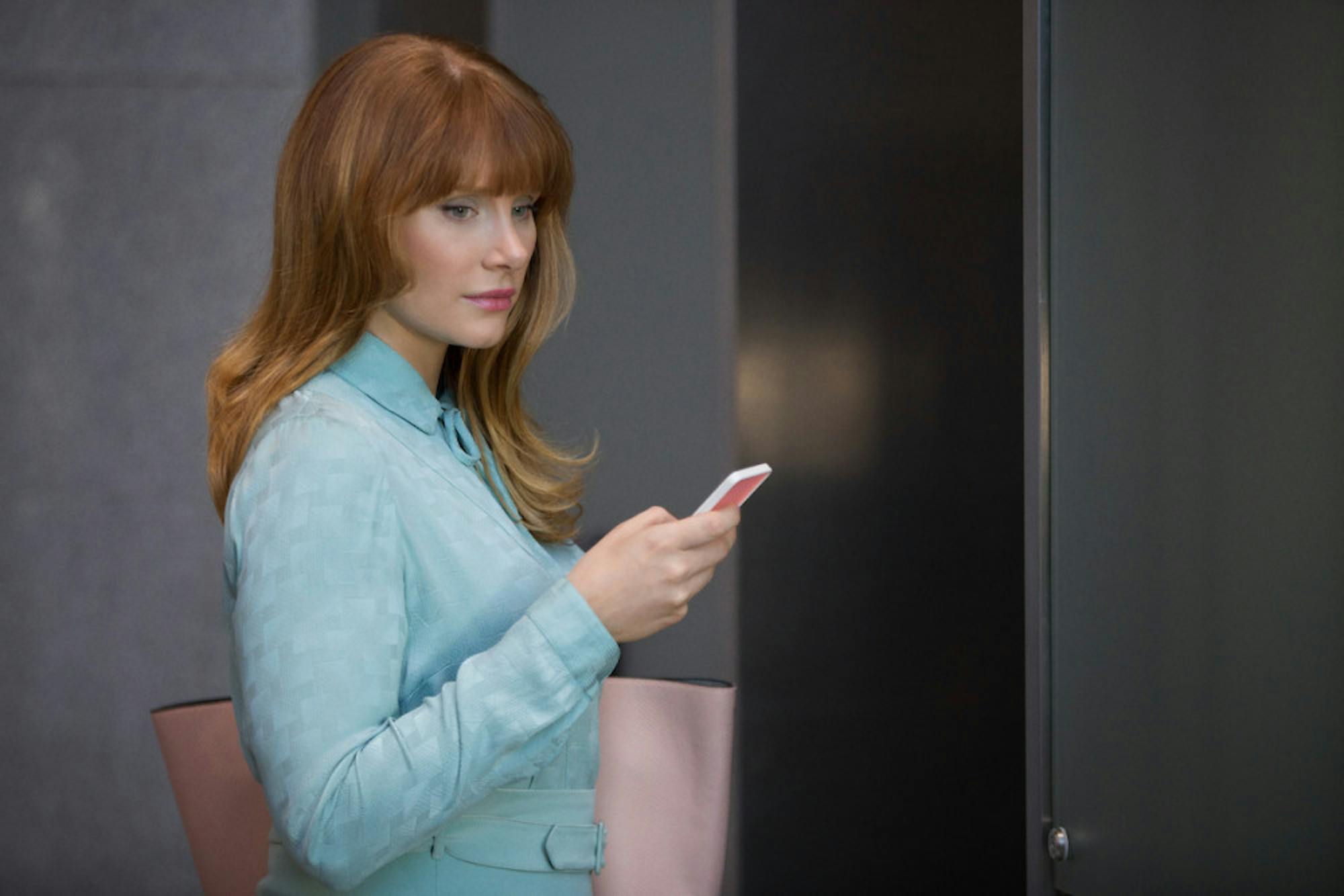Online commentators describe "Black Mirror" (2011-present) as the best show they’d "never recommend to other people," which accurately sums up many viewers' sentiments. The show, created by Charlie Brooker, certainly has never held back when it comes to satirically confronting morality and society’s uncomfortable relationship with technology. Its pilot episode, “The National Anthem,” has the following premise: terrorists kidnap a well-loved celebrity British princess and promise to free her if the prime minister has sex with a pig, live on national television. If the idea simultaneously repulses, intrigues and frightens you, you may find that this anthology series is right up your alley.
Now on its third season with the backing of Netflix, "Black Mirror" continues in the same vein in its premiere, “Nosedive.” Every episode of the anthology show is its own self-contained story, much like "The Twilight Zone" (1959-1964). While not as adrenaline-packed and tense as some of the show’s other episodes, the architects of this pastel hellscape, guest writers Rashida Jones and Michael Schur, build a laughably insane world of people living phony existences. In this world, augmented reality and social media have converged to create a society where people are rated according to every social interaction they have with others, in addition to the quality of the content they post online. People wear contact lenses that allow them to see everyone else’s ratings, which effectively divide people into castes, and scroll through their content feeds. Low-rated people enjoy fewer privileges and a less comfortable lifestyle, and they have more difficulty accessing resources. At the top are the 4.7s and 4.8s, the stunningly attractive crème de la crème who enjoy special memberships and discounts for their ability to appear perfect and have high-quality interactions with everyone they come in contact with. For anyone who vaguely follows what’s happening on Facebook, Twitter and Instagram or uses Uber, Airbnb or Yelp, this will seem all too familiar.
The main character, Lacie Pound (Bryce Dallas Howard), is a 4.2 who dreams of entering the next social tier in order to afford a new home in a gated community. When her childhood “friend” Naomi (Alice Eve) contacts her out of the blue asking her to be her maid of honor at her wedding (attended by hundreds of 4.7s and 4.8s), Lacie jumps at the opportunity to get a ratings boost from all of the “prime influencers.” The setbacks and subsequent plummeting ratings she endures on the way force her to confront the artificiality of a society where internet ratings and social status become a form of currency.
Compared to some other "Black Mirror" episodes, this one felt a little more predictable and less subtle than usual, but the incisive critique of how peoples' obsessions with internet points create curated, hollow existences is one that this reviewer imagines may resonate with many. The weakest aspect of the episode is that sometimes the writing felt like it was hitting the viewer over the head with the message, to the extent where it came off as a more preachy version of "App Development and Condiments," an episode from the fifth season of "Community" (2009-2015). Thankfully, the cast elevates the script beyond the mundane tropes, such as the story arc of a young woman learning that there’s more to life than being universally-loved.
Lacie initially comes off as excruciatingly saccharine, and Howard convincingly portrays her transition from that personality to something more genuine. It’s the little moments when cracks start to appear in her perfect image that make us feel closer to a person who appears to be fake. The viewer sees her practicing her fake giggle in the mirror, and one follows her as she walks through a café with a cheerful smile, speaking to people with a high-pitched voice. She’s all smiles as she takes a photo of her cappuccino on her smartphone, eagerly awaiting people’s responses online and that slight sense of relief as the five-star ratings roll in. Then Naomi (a 4.8) gives her a four-star rating for the photo, and her smile falters. Scenes like these, along with an entertaining climax, leave viewers on a happy note, something that rarely happens in "Black Mirror" episodes.
The audience can laugh about Lacie’s obsession with playing “the numbers game” in order to achieve what she believes is a fulfilling life, but after it's all over, it is possible to understand that she desires things because everyone else desires them; she wishes to be loved by all, to find a place of her own and to find companionship. Staring into the black mirror of our screens, the viewer is left knowing how easy it is to lapse into the same mindset.
'Black Mirror' premier paints pastel social dystopia

Summary
The writing is a little clichéd and preachy, but still strong for the most part and the characters are perfectly cast.
4 Stars





